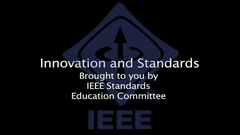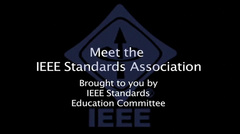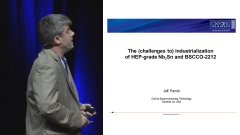IEEE Summit on Internet Governance 2014: Panel III - The Future of Internet Governance
Key discussion points:
- Multi-stakeholder governance versus multilateral governance.
- How can ICANN accountability to its stakeholder community be boosted?
- What does the future hold for ICANN and the IANA functions?
- How can we ensure that moves to prevent espionage by state and non-state actors do not result in the balkanisation of the internet?
Moderator: Jacki Davis
Panel Members:
Dr. Mark Raymond - Wick Cary Assistant Professor, University of Oklahoma
Megan Richards - Principal Adviser in DG Communications Networks, and Content & Technology (DG CONNECT) of European Commission
Jean-Jacques Sahel - Vice-President, Stakeholder Engagement for Europe, ICANN
Oliver Süme - President EurolSPA/Deputy Chair - eco
Panel Session III: - The Future of Internet Governance
The internet, one of the most disruptive technologies of the 20th century, arose primarily from networking research in the United States and Europe. Most of the essential management functions that have enabled its dramatic growth – including the development of technical interoperability standards and the management of domain names – have been guided from the U.S. With more than 3 billion internet users now worldwide, the internet is increasingly seen as a personal and business necessity and demand for a more global dimension to internet governance has increased. 2014 has been a critical year in the internet governance debate with the multi-stakeholder approach moving to the centre of the debate at NetMundial and the Internet Governance Forum (IGF). 2015 will be an equally important year given the debate around the future of ICANN and the IANA functions. This panel will explore visions of how the internet can be governed in the future in ways that serve well the needs of its diverse stakeholders today and in the foreseeable future, and will allow changes in governance as the internet evolves further.
 Cart
Cart Create Account
Create Account Sign In
Sign In





